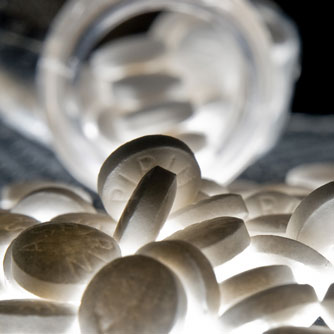Air Pollution Raises Risk of Heart Disease
Long-term exposure to fine particles of traffic pollution may increase a person’s risk of heart disease. A number of previous studies suggest an association between road traffic and heart disease. Hagen Kalsch, from West-German Heart Center (Germany), and colleagues, analyzed data from the German Heinz Nixdorf Recall Study, involving 4,814 participants, mean age 60 years. …










